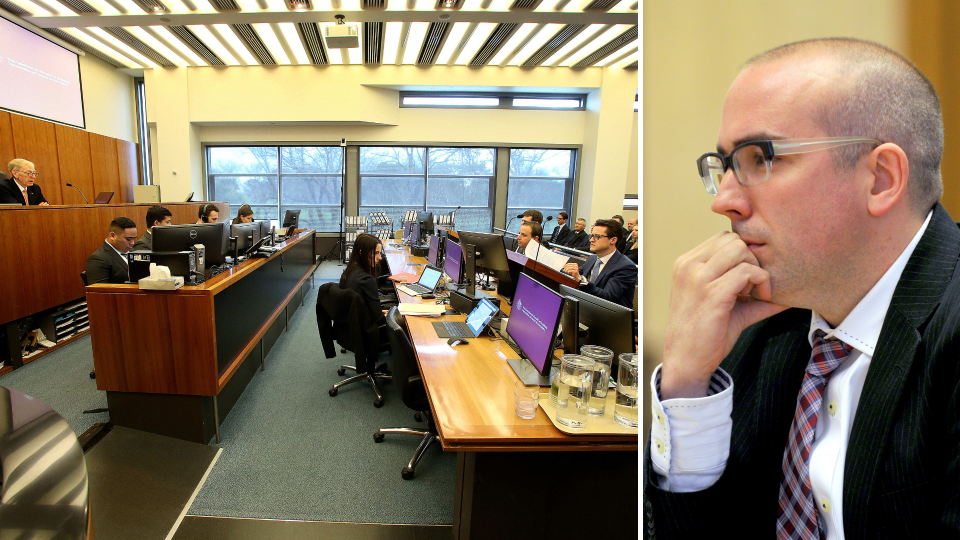The one thing you should 'never forget' before committing to a financial product

The Chaser’s Julian Morrow kept Australian investors chortling during his presentation at the Morningstar Individual Investor Conference about the Banking Royal Commission’s impact on consumers, but what he was talking about was no laughing matter.
Amongst a lengthy tongue-in-cheek ‘disclaimer’ to his presentation (which involved phrases such as “this speech is not a floatation device” and “may contain traces of nuts”), he had a clear message: stay wary.
Also read: Politicians are the biggest threat to our economy: Economist
“The biggest trick that any expert can make is to con themselves into thinking that they’re not a fallible human, prone to all the behavioural fallacies that other people fall for,” Morrow said.
This was something that he and The Checkout team experienced often during the production of the consumer affairs television show.
“Most of the products that we talk about on The Checkout are things that we’ve fallen for, mistakes that we’ve made.
“Never forget your own psychological vulnerability. Always check for human flaws.”
“By definition, you’re not always going to be able to pick them, but the more you can remain conscious of them, the best chance you’ve got.”
In his presentation, Morrow warned that one had to keep their wits about them before they commit to a financial product.
“No matter what the service, whether it’s in the financial sector or other, it’s always worth asking what the details of the service is and always worth asking what is the financial incentive structure behind the service that you’re receiving.”
Also read: 5 tax tips for self-managed property investors
In his own experience of questioning the remuneration structure behind financial products, Morrow had found the response “unconvincing”.
“No matter which sector you’re in, it’s the basics of caution, prudence and scrutiny which are the best hope we’ve got in a marketplace which is crowded and often designed to confuse us.”
To make matters worse, the influx of consumers turning to regulators and corporate watchdogs – which are stretched too thin – often aim for the “low hanging fruit” of smaller companies rather than punishing the major players at the big end of town, Morrow said.
“They’re essentially overwhelmed by the volume of complaints.”
For wronged consumers, the process of redress will take time – and a toll, as was powerfully illustrated in the sixth round of hearings of the Royal Commission that focused on the insurance industry’s mistreatment of consumers with mental health issues.
“There’s been a practice of immediately rejecting claims, where mental health is potentially an issue,” Morrow observed.
Also read: Here’s how YOU can save up to $832 a year on your power bill
Often, consumers would reach a resolution to their dispute only after the matter was taken to the Financial Services Ombudsman, following an exhausting back-and-forth through the insurance firm’s internal processes.
“The other thing that’s really obvious from the Interim Report is how extensive the efforts that individuals have to go through to try and get a remedy and that means that your record-keeping needs to be good, and you need to have persistence.”
While the Royal Commission has highlighted case studies and individual instances, they have all pointed to “systemic problems”.
“The impact of those and the regulation that could follow is obviously something that’s going to be of concern to everyone here, both as consumers but also as investors.”
Make your money work with Yahoo Finance’s daily newsletter. Sign up here and stay on top of the latest money, news and tech news.

 Yahoo Finance
Yahoo Finance 
